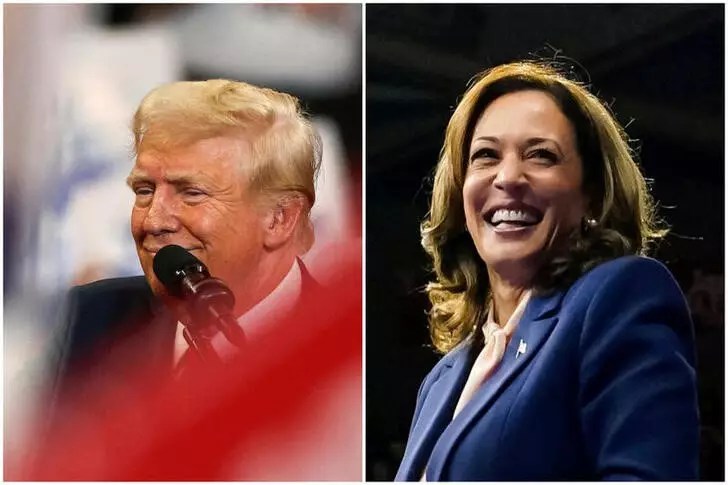The U.S. presidential election holds significant importance not only for the United States but also for global financial markets, especially impacting emerging markets (EMs). As the world’s largest economy, the decisions made by the U.S. government can shape global financial conditions, trade relationships, and international economic growth. Analysts at UBS have identified several key ways in which the outcome of the 2024 election could influence emerging markets, including shifts in the U.S. macroeconomic landscape, trade policies, and geopolitical dynamics.
One of the primary ways in which the U.S. presidential election can impact emerging markets is through its effects on the U.S. economy. Factors such as GDP growth, inflation, interest rates, and the strength of the U.S. dollar are closely watched by investors in EM assets. For instance, a Republican victory may lead to accelerated U.S. economic growth, but this could also result in higher inflation and interest rates. While this may initially strengthen the U.S. dollar, it could pose challenges for emerging markets, particularly those with significant dollar-denominated debt. The tightening of financial conditions could deter foreign investment and slow down economic growth in these regions.
The period surrounding a U.S. election often brings about short-term fluctuations in emerging market assets due to the uncertainty surrounding potential changes in U.S. leadership. The value of the U.S. dollar plays a crucial role in determining investor sentiment, given its status as the dominant global reserve currency. This uncertainty can lead to increased market volatility and impact investment decisions in emerging markets.
Trade policy is another crucial channel through which the U.S. election can affect emerging markets. U.S. presidents possess significant authority to shape the country’s trade relationships, with tariffs emerging as a prominent policy tool in recent years. A Republican administration, particularly under the leadership of figures like Trump, may pursue tariff-heavy strategies that increase uncertainty and reduce the attractiveness of emerging market assets. On the other hand, a Democratic administration might prioritize more multilateral trade agreements, potentially reducing trade tensions and providing greater stability for emerging economies.
Geopolitics is a key area of concern for emerging markets, as U.S. relations with major global players can significantly impact economic stability. The outcome of the election could lead to shifts in U.S. foreign policy towards countries like China, Mexico, Argentina, Venezuela, and Russia, with potential consequences for trade and diplomatic relationships. Former president Trump’s penchant for tariffs as a trade policy tool and his unilateral approach could heighten volatility for emerging markets that rely on stable trade ties with the U.S. In regions like Latin America and Asia, changes in U.S. leadership could have varying effects on individual countries based on their diplomatic interactions and economic dependencies.
Each region faces unique challenges and opportunities depending on the election outcome. In Asia, the U.S.-China relationship is expected to remain tense, leading investors to explore alternative markets like Taiwan and South Korea. India, with its growing role in global supply chains, may attract increased investment interest from both U.S. and international firms seeking alternatives to China. In Latin America, countries like Mexico and Argentina may experience shifts in volatility and bilateral relations based on U.S. policies. The Middle East and Central and Eastern Europe also stand to be influenced by changes in the U.S. geopolitical landscape, with implications for diplomatic alliances and trade agreements.
The 2024 U.S. presidential election is poised to have far-reaching implications for emerging markets worldwide. From macroeconomic shifts to trade policy developments and geopolitical realignments, the decisions made by the incoming U.S. administration will shape investor sentiment and economic prospects for EMs in the years to come. It is crucial for market participants to closely monitor these developments and assess their potential impact on investment strategies and portfolio allocations in the evolving global landscape.


Leave a Reply